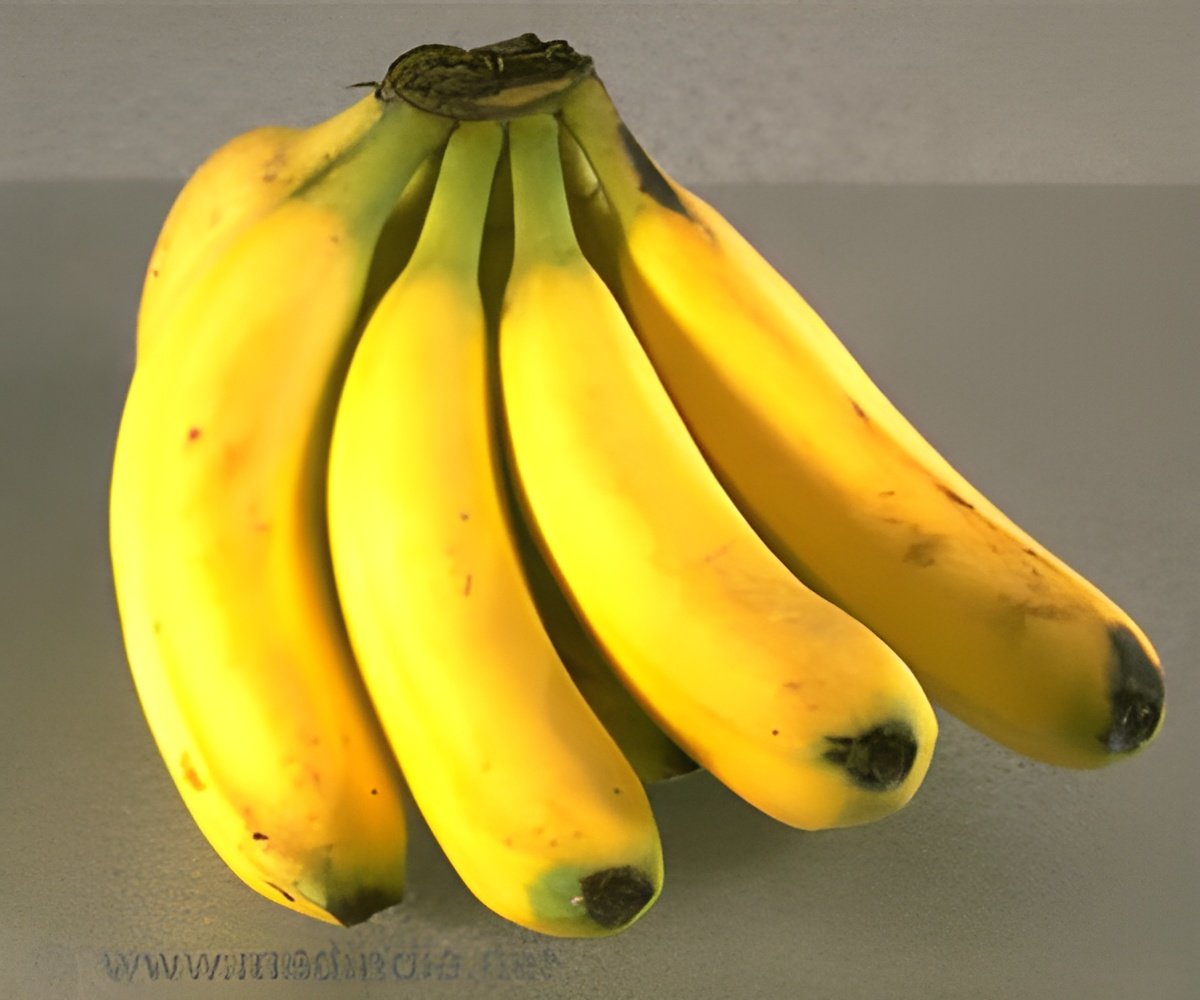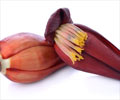Refrigeration dampens the aroma of bananas because cold temperatures suppress the activity of proteins that play a key role in the formation of the banana's distinct aromas, a new research finds.

‘The reason why the aroma of banana goes bad in the refrigerator may be because cold temperatures suppress the activity of proteins as proteins play a key role in the formation of the aroma of banana.’





Previously, researchers found that proteins called transcription factors (TFs), which help regulate the activity of certain genes, are involved in fruit ripening. Building on this work, Jian-fei Kuang and colleagues wanted to find out if a particular set of TFs play a role in the dampening of aromas in chilled or refrigerated bananas. The scientists stored freshly harvested green bananas either in the cold or at room temperature. Once removed from storage, the chilled bananas ripened more slowly than those that had been stored at room temperature, and they had an off-flavor.
In a series of experiments, the research team found that refrigeration decreased the activity of aroma-forming genes during ripening. Digging deeper, they detected a pair of TFs called MabZIP4 and MabZIP5 that appear to play an important role in activating these genes. The researchers conclude that a better understanding of this regulatory process could lead to strategies to make bananas smell even better.
Source-Eurekalert















